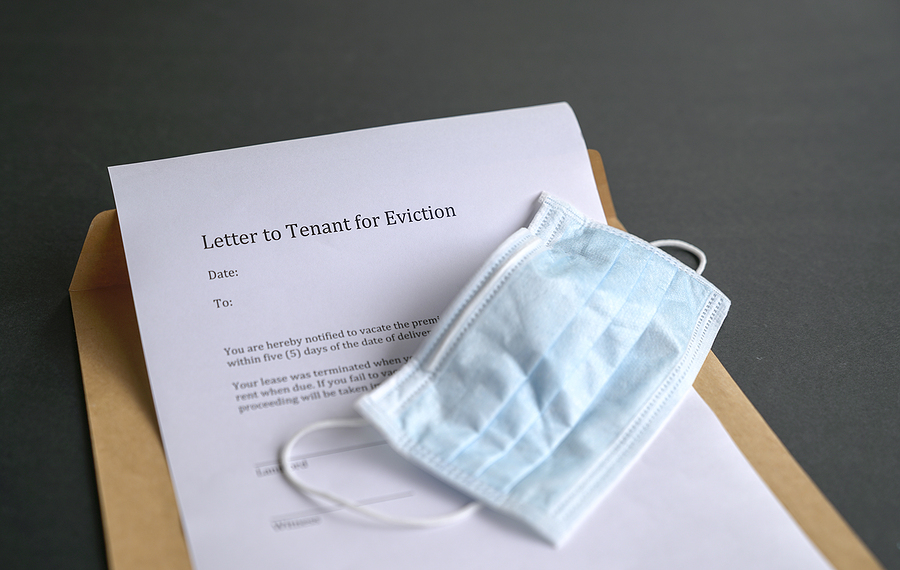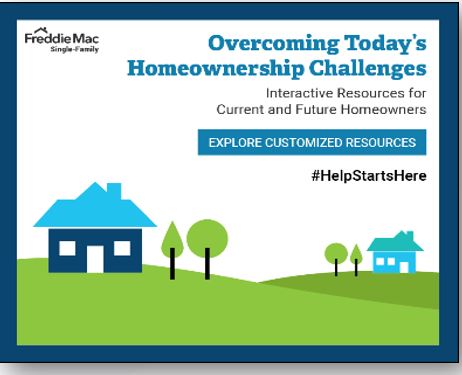Update: What Renters Must Know About Eviction Moratoriums through the End of 2020

Earlier this year, we wrote about the “eviction moratorium” created under the CARES Act. We later published tips for how renters could manage their financial situations and try to stay in their rentals when the moratorium expired. Since then, there have been new changes to the legal and economic landscape for renters. Most notably, the CDC published an order that protects qualifying renters who have been impacted by COVID-19 and submit a proper affidavit. However, that order expires at the end of the year. A few other federal protections may help some renters, and individual states have also published their own orders. Here is a closer look at the protections currently in place for renters impacted by COVID-19 along with some ideas for how to maintain your rent payments moving forward.
Qualifying for Eviction Protection under the CDC Order
The CDC published an order forbidding evictions of “covered persons.” This order is effective through December 21, 2020. In some ways, this order is more expansive than the previous moratorium under the CARES Act, because it covers more people. The CARES Act eviction rule only applied to about one quarter of the rental units across the country. The CDC order actually applies to every rental unit. The big difference, though, is that tenants must certify that they are qualified as a “covered person.” Tenants certify by signing an affidavit (also called a declaration) and giving it to their “landlord, owner of the residential property where [they] live, or other person who has a right to have [them] evicted or removed from where [they] live.”
By submitting the declaration, a tenant certifies under the penalty of perjury that the following statements are true:
- I have used best efforts to obtain all available government assistance for rent or housing;
- I either expect to earn no more than $99,000 in annual income for Calendar Year 2020 (or no more than $198,000 if filing a joint tax return), was not required to report any income in 2019 to the U.S. Internal Revenue Service, or received an Economic Impact Payment (stimulus check) pursuant to Section 2201 of the CARES Act;
- I am unable to pay my full rent or make a full housing payment due to substantial loss of household income, loss of compensable hours of work or wages, lay-offs, or extraordinary out-of-pocket medical expenses;
- I am using best efforts to make timely partial payments that are as close to the full payment as the individual’s circumstances may permit, taking into account other nondiscretionary expenses;
- If evicted I would likely become homeless, need to move into a homeless shelter, or need to move into a new residence shared by other people who live in close quarters because I have no other available housing options.
- I understand that I must still pay rent or make a housing payment, and comply with other obligations that I may have under my tenancy, lease agreement, or similar contract. I further understand that fees, penalties, or interest for not paying rent or making a housing payment on time as required by my tenancy, lease agreement, or similar contract may still be charged or collected.
- I further understand that at the end of this temporary halt on evictions on December 31, 2020, my housing provider may require payment in full for all payments not made prior to and during the temporary halt and failure to pay may make me subject to eviction pursuant to State and local laws.
The above statements were taken verbatim from the CDC’s official order and its model form. Tenants can use the CDC’s model form, but are not required to do so. Other organizations have published sample forms, like this one from the National Low Income Housing Coalition or this one from NOLO. The most important thing is that you ensure that you qualify (that the certifying statements are true) and that you submit the letter to your landlord or other relevant person.
Be sure to review the CDC’s frequently asked questions (FAQ) for further clarifications about the temporary halt in evictions.
Other Protections
There are a few other protections for renters that have been put in place at the federal level. The Consumer Financial Protection Bureau (CFPB) describes all of the programs here. Importantly, many of the additional protections only apply to single family homes. Therefore, you may not qualify for protections outside of the CDC order if you are living in a traditional apartment complex or other “multifamily” residence.
That said, there is one program you should be aware of if you live in a multifamily complex. If your landlord has a federally-backed mortgage and they are in forbearance, then they are not allowed to do the following, according to the CFPB:
- Evict you or start an eviction solely for nonpayment of rent or other fees or charges
- Charge you any late fees or penalties for late payments of rent
- Give you a 30-day notice to vacate
- For certain multifamily properties, require any missed rent payments to be repaid in a lump sum (HUD/FHA and Fannie Mae/Freddie Mac)
The bullets above were taken directly from the CFPB website. If you need to determine whether your multifamily landlord has a federally backed mortgage in forbearance, then you can conduct further research. A legal aid attorney may be able to help.
Lastly, there are some eviction protection measures available at the state level. These vary from state to state. As an example, California has extended its eviction ban to February 2021. For a full list, see this chart of state protections maintained by NOLO.
Steps to Take
In addition to formal eviction protection programs and the steps involved in qualifying for them (such as submitting the declaration under the CDC program), you can also take the following steps to put yourself in an improved financial position.
Budget for Rent
No eviction protection program erases your responsibility to pay. Under programs like the CDC’s order, renters are still responsible for paying their full rent eventually. Depending on the specific language of your lease, you may even be subject to interest or penalties when you pay. And, under the language of the CDC declaration, you are required to make your best efforts to submit partial payments to your landlord during your hardship.
The consequences of this will look different for everyone, depending on your landlord’s willingness to work with you, the language in your lease, and the resources and assistance you are able to use. That said, a major common denominator is the need to budget and allocate resources wisely.
Do your best to follow a monthly budget and set aside as much as you can toward your future rent payments.
Communicate with Your Landlord
Our country has been in “pandemic mode” for many months now, but communication is still important. Stay in close contact with your landlord to increase the chances that you can agree to a plan that helps you get through this difficult period. HUD has published some helpful tips for working with your landlord.
Use Available Resources
You also want to make sure that you use any resources available to help you during this time. This includes rental assistance programs that can help you pay rent and legal aid organizations that can help you assert your legal rights and hold your landlord to the law.
Try Housing Counseling
HUD-approved housing counselors can help you access available resources and develop an action plan for your specific situation. You can start online with one of the NFCC’s counselors or call 1.800.388.2227.



